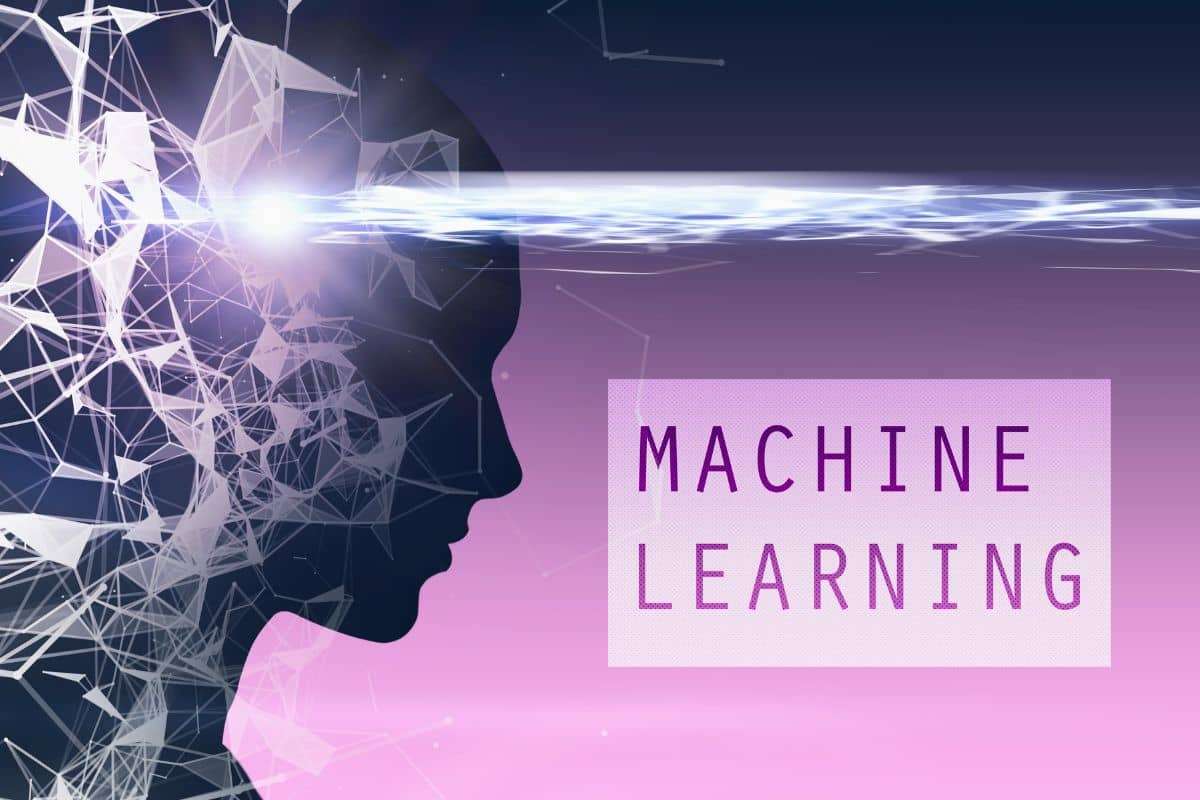Introduction
What skills are required for machine learning is a subfield of AI that focuses on the development of algorithms that can learn from data and make predictions. In many applications, machine learning algorithms are utilized, such as image recognition, natural language processing, and machine translation.

Image by Canva
Why are machine learning skills in high demand?
AI is being tapped by businesses and organizations of all sizes to improve their operations and gain a competitive advantage, which is why machine learning skills are in high demand across industries.
Machine learning algorithms are utilized by retailers to recommend products to customers, banks to detect fraud, and healthcare providers to diagnose diseases.

Image by Canva
What are the most important machine learning skills?
Some of the most important machine learning skills include:
- Python is the most popular programming language for machine learning development, with R and C++ following closely behind. Other programming languages used for artificial intelligence include Java, C#, and Julia.
- Machine learning algorithms include decision trees, random forests, and support vector machines.
- Artificial neural networks are used by deep learning algorithms to learn from data, which is a type of machine learning algorithm.
- NLP algorithms are employed to process and comprehend human language.
- Statistics and probability are employed in the development and evaluation of machine learning algorithms.

Image by Canva
How to develop machine learning skills
Machine learning skills can be developed in various ways. One way is to take online courses or tutorials. There are also many books and articles available on machine learning. In addition, there are numerous online communities where machine learning practitioners can share knowledge and collaborate on projects.
Developing machine learning skills can be done by gaining hands-on experience. This can be accomplished either by working on personal projects or by contributing to open source machine learning projects. Moreover, a large number of companies offer internships and apprenticeships to machine learning developers.

Image by Canva
Career opportunities in machine learning
Machine learning is a field that is rapidly expanding, and those with machine learning skills can find many job opportunities available. Machine learning jobs that are common include:
- Machine learning engineer: Machine learning engineers develop and deploy machine learning algorithms.
- Data scientist: Data scientists collect, clean, and analyze data to extract insights and build predictive models.
- Software engineer: Software engineers develop and maintain software applications, including machine learning applications.
- Research scientist: Research scientists develop new machine learning algorithms and techniques.
- Product manager: Product managers develop and launch machine learning products.
Video by Simplilearn YouTube Channel
Conclusion: What Skills Are Required For Machine Learning
Machine learning skills is an effective tool that can be applied to solve a diverse range of problems. Developing your machine learning skills can lead to a successful career in this rapidly growing field.
Tips for developing your machine learning skills
Here are some additional tips for developing your machine learning skills:
- Start by learning the basics of programming, statistics, and probability. These are the foundation for machine learning.
- Choose a programming language for machine learning. Python is the most popular programming language for machine learning development, but there are other languages that are also used, such as R and Julia.
- Learn about machine learning algorithms. There are many different machine learning algorithms, each with its own strengths and weaknesses. It is important to understand the different types of algorithms and how to choose the right algorithm for a particular problem.
- Gain hands-on experience. The best way to learn machine learning is by doing. Work on personal projects or contribute to open source machine learning projects.
- Network with other machine learning practitioners. Attend meetups and conferences, and connect with other machine learning developers on social media.
FAQs
1. Do I need a background in computer science to learn machine learning?
While a background in computer science can be beneficial, it’s not strictly necessary to learn machine learning. Many successful ML practitioners come from diverse backgrounds such as mathematics, engineering, statistics, and even humanities. What’s most important is a strong foundation in mathematics, programming skills, and a willingness to learn and explore new concepts.
2. How long does it take to acquire the necessary skills for machine learning?
The time it takes to acquire machine learning skills can vary depending on factors such as prior experience, learning pace, and dedication. Some individuals may pick up the basics relatively quickly, while others may take longer to master more advanced concepts and techniques. Consistent practice, hands-on projects, and continuous learning are key to progressing in the field.
3. What are some resources for learning machine learning?
There are numerous resources available for learning machine learning, including online courses, tutorials, books, and community forums. Platforms such as Coursera, Udemy, and edX offer comprehensive courses taught by industry experts, while websites like Kaggle and GitHub provide access to datasets, code repositories, and collaborative learning opportunities. Additionally, joining ML communities and attending workshops and conferences can help you stay connected with the latest trends and developments in the field.
4. What programming languages are essential for machine learning?
Python is the most widely used programming language for machine learning due to its simplicity, versatility, and extensive libraries like TensorFlow and PyTorch. R is also commonly used, particularly in statistical modeling and data analysis.
5. Do I need a strong mathematical background for machine learning?
Yes, a solid understanding of mathematics, including linear algebra, calculus, probability, and statistics, is crucial for grasping the theoretical concepts underlying machine learning algorithms.
